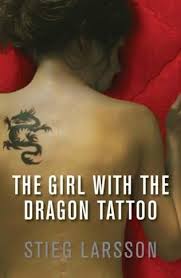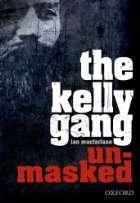The Girl with the Dragon Tattoo, by Stieg Larsson
MacLehose Press (2008), Paperback, 532 pages
Yes, this book has been out for years, it has had tremendous impact and been reviewed thousands of times, literally. It kick-started a whole new genre of Scandinavian crime fiction, and I am coming to the party very late. I make no apologies for that. I read books in my own time, and not at the behest of the market. In fact I may not have read this at all but for the fact that laid up recovering from surgery I was desperate to find things to watch on TV and happened to come across the movie (the Swedish original, of course, not the American atrocity). having watched the movie, and enjoyed it, I was of course compelled to discover and read the book. It is different from what I expected. From previous experience I had a particular sense of Scandinavian crime fiction as being complex, dark, and layered in corruption. In essence what I got was fairly standard serial killer mystery, interesting, certainly and well-written, but to be honest I had expected more from a book that garnered such attention. However, the book does have a hook, a point of difference that makes it worthwhile, and makes the rest of the series worth anticipating. That hook is not protagonist Mikael Blomkvist, whom I found rather irritating. To be honest, he’s a rather wussy character, prone to wallow in his own troubles, and his casual acceptance that all women should fall into bed with him, and they usually do, as a matter of course, was really, really tacky, IMHO. No, the hook is co-protagonist Lisbeth Salander, who is one of the most amazing heroines I have ever encountered in literature. To be honest, her part in this book is basically unnecessary to the plot, and it is really an audition and and an introduction for her before her much more substantial roles in the subsequent books of the trilogy. But what an introduction! Fierce, unsociable, determined, hateful, vengeful, vulnerable, endearing, all at once, she is simply a mesmerizing character, and the outstanding feature of this book. She makes it, and the subsequent books, worth reading. For that reason, and that reason alone, I recommend this book. You may enjoy the story, you may even like Blomkvist, but I’m telling you, you will love Lisbeth, and its she that will keep you coming back for more.
8/10


